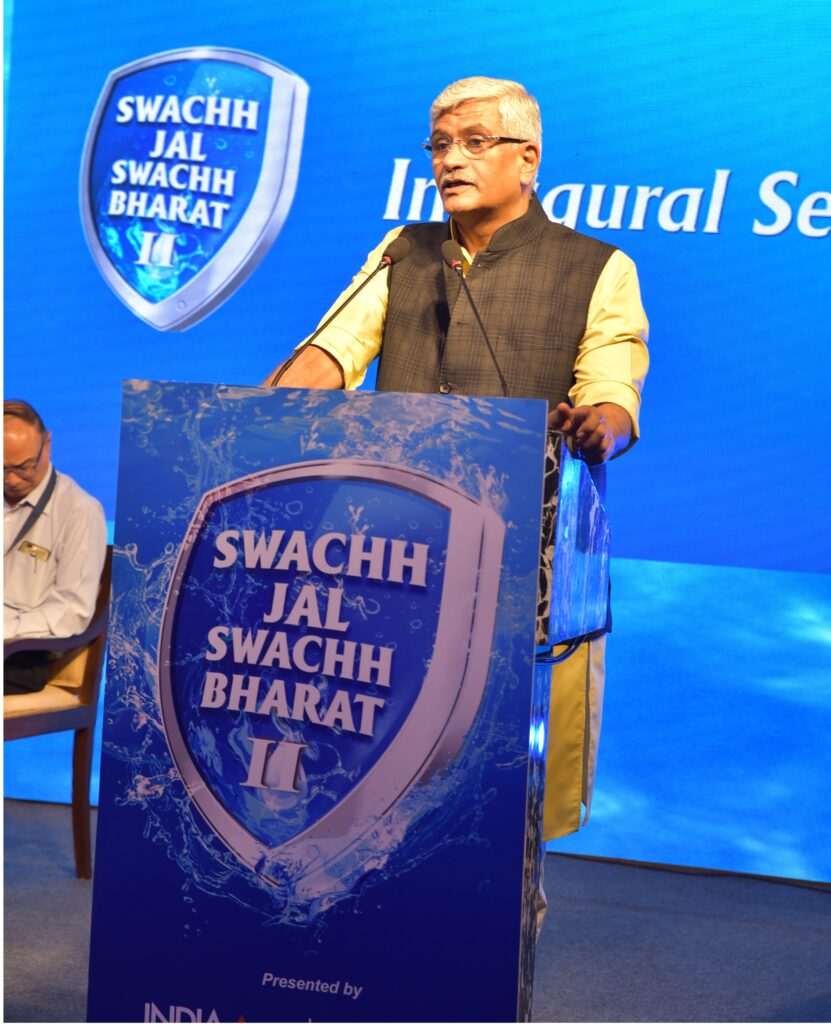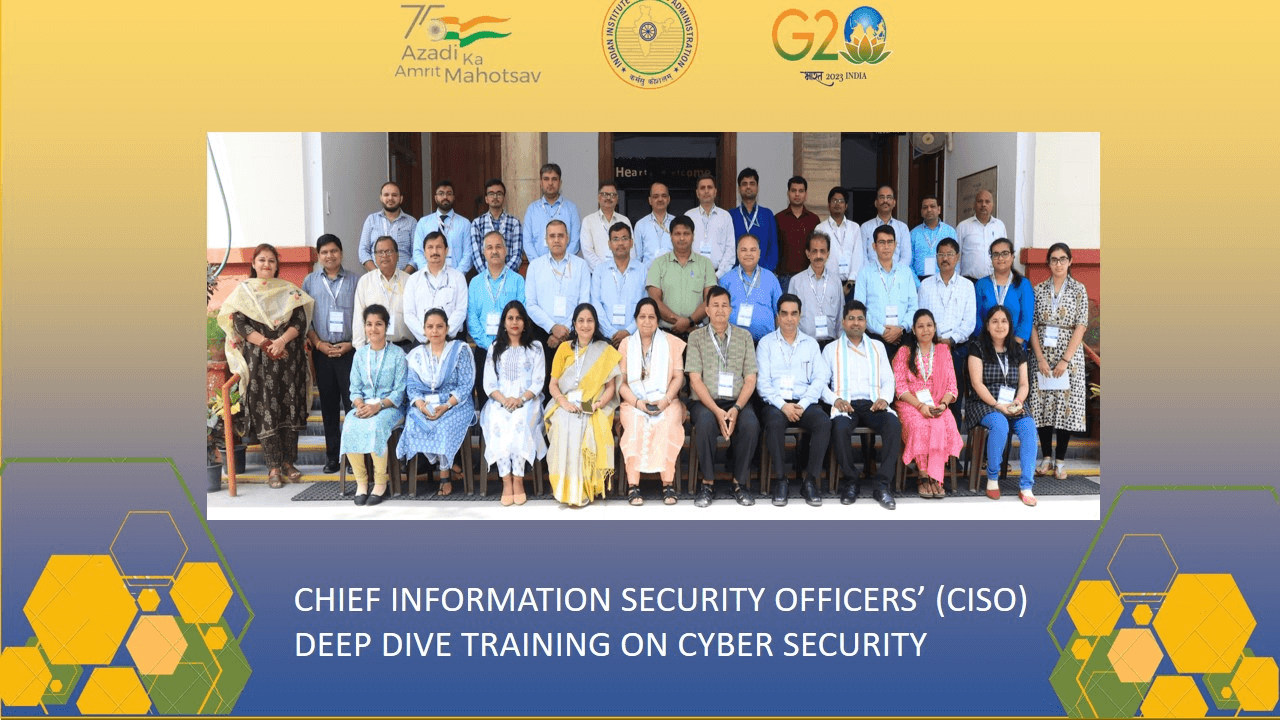New Delhi, 16 November 2023: The Government of India launched an ambitious nationwide initiative, ‘Mission Swachh Jal,’ aimed at ensuring access to clean and safe drinking water for every household. The program, announced by Prime Minister Narendra Modi, seeks to address water contamination issues and provide sustainable solutions for water purification.
 Key Objectives of Mission Swachh Jal
Key Objectives of Mission Swachh Jal
1. Water Purification Systems:
Installation of advanced water purification units in rural and urban areas to combat issues like fluoride, arsenic, and other contaminants in drinking water.
2. Awareness Campaigns:
Conducting educational drives to inform citizens about the importance of clean water, water conservation, and hygiene practices.
3. Rainwater Harvesting:
Promoting rainwater harvesting techniques to ensure sustainable water management.
4. Focus on Rural Areas:
Special emphasis on villages and remote regions where access to clean drinking water has remained a challenge.
Prime Minister’s Address
Speaking at the launch event, Prime Minister Modi said, “Clean drinking water is not a privilege but a basic right of every citizen. Mission Swachh Jal will ensure that no one in India has to suffer due to water contamination or scarcity.” He also highlighted that this mission aligns with the United Nations Sustainable Development Goals (SDGs) for clean water and sanitation.
Budget and Implementation
The government has allocated ₹50,000 crore for the first phase of Mission Swachh Jal, which will cover 500 districts over the next three years.
The Ministry of Jal Shakti will collaborate with state governments, NGOs, and private sectors to ensure effective implementation.
Current Challenges
Experts point out that despite progress under initiatives like the Jal Jeevan Mission, India continues to face challenges such as:
Water contamination in over 20% of rural habitations.
Over-dependence on groundwater resources, leading to depletion.
Lack of proper wastewater management systems in urban areas.
Public and Expert Reactions
1. Positive Feedback:
Citizens and activists have praised the initiative, emphasizing its potential to improve public health and reduce waterborne diseases.
2. Expert Opinions:
Environmentalists stressed the need for stringent monitoring and maintenance of water purification systems to ensure long-term success.




